 Toyin Adedokun / AFP via Getty Images
Toyin Adedokun / AFP via Getty ImagesParts of Nigeria’s biggest city, Lagos, have been turned into an “open-air gallery”, in the words of the organisers of the city’s first street art festival.
One of the featured artists, Ashaolu Oluwafemi, told…
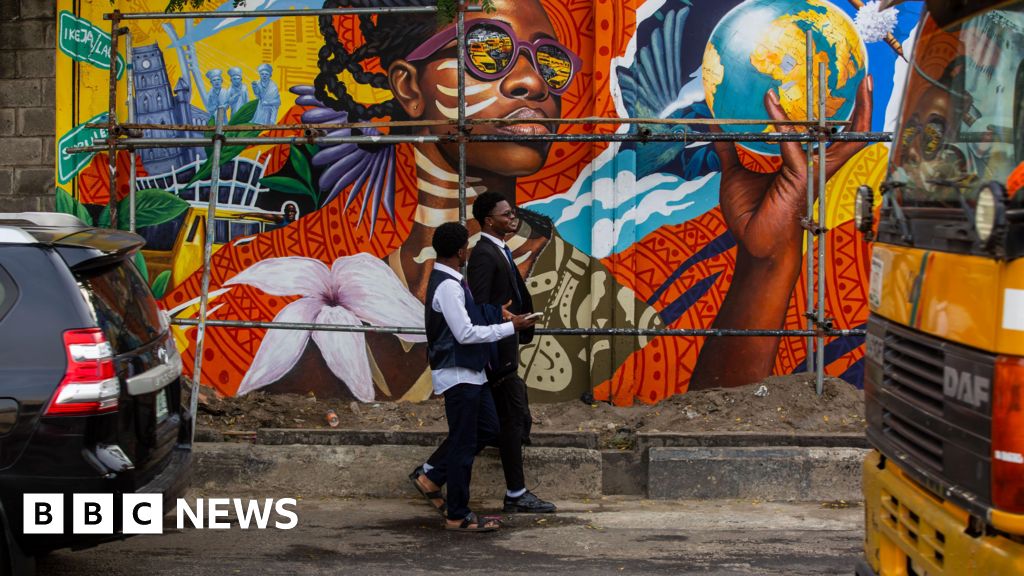
 Toyin Adedokun / AFP via Getty Images
Toyin Adedokun / AFP via Getty ImagesParts of Nigeria’s biggest city, Lagos, have been turned into an “open-air gallery”, in the words of the organisers of the city’s first street art festival.
One of the featured artists, Ashaolu Oluwafemi, told…

Cuban officials have denounced the US seizure of the Skipper oil tanker off Venezuela’s coast on Wednesday, calling it an “act of piracy and maritime terrorism” as well as a “serious violation of international law” that hurts the
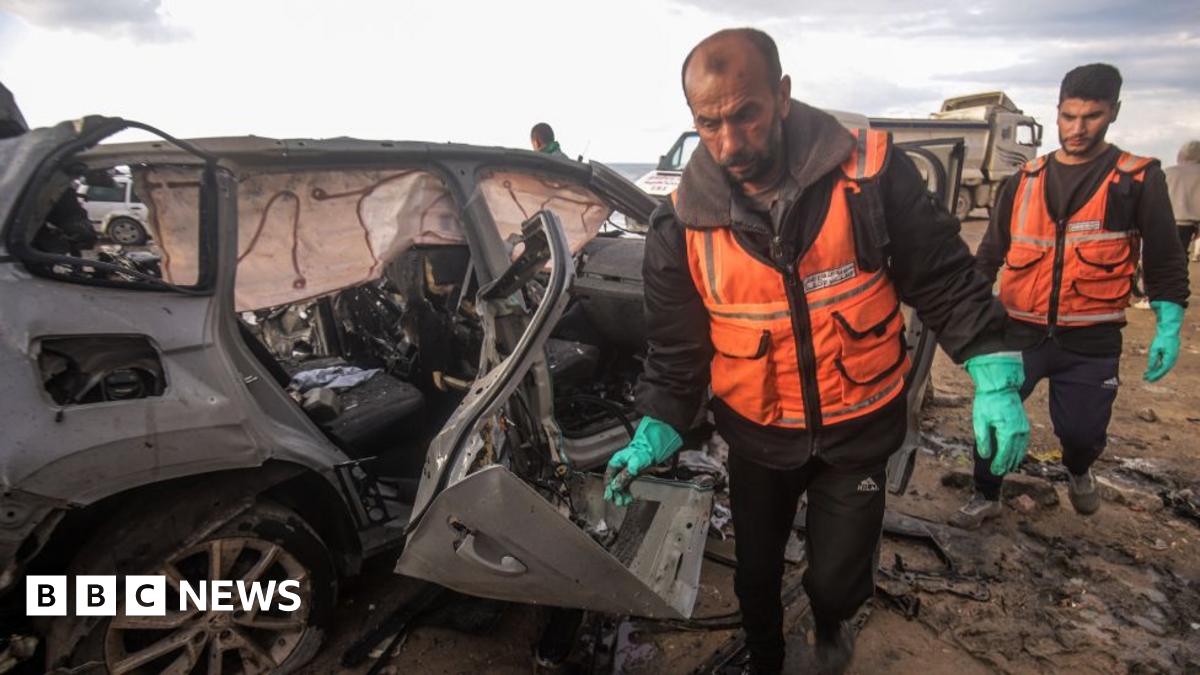
Saturday’s attack happened on the Palestinian-controlled side of the so-called Yellow Line which has divided Gaza since an unstable US-led ceasefire came into effect on 10 October.
Israeli forces control the area to the east of the line, which…
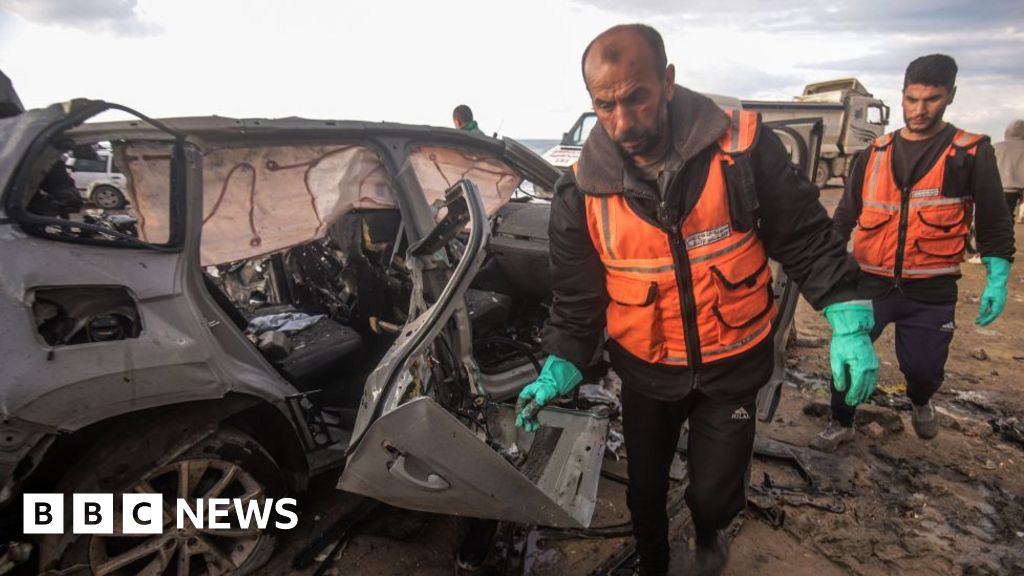
Israel said it killed a senior Hamas commander on Saturday in a strike on a vehicle inside Gaza.
In a joint statement, the Israeli military and security agency Shin Bet announced it had “eliminated” Raed Saad, the head of weapons production for…
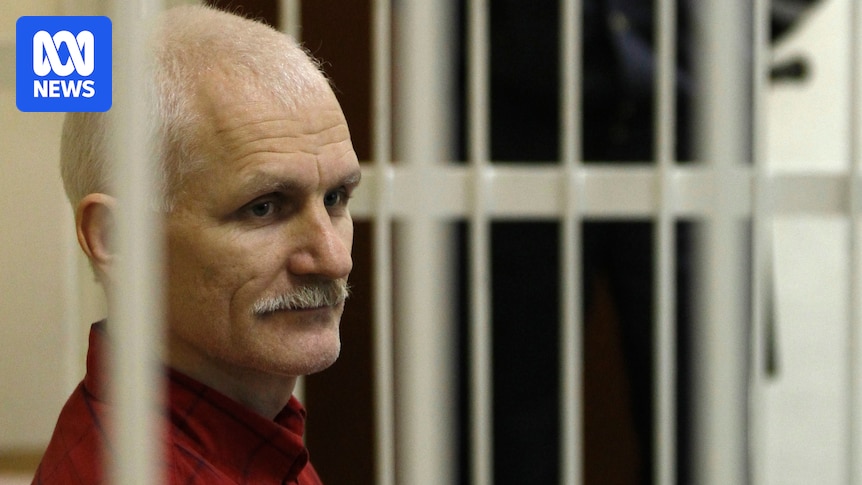
Belarusian authorities have released 123 prisoners including Nobel Peace Prize laureate Ales Bialiatski and key opposition figure Maria Kolesnikova, after talks with an envoy for US President Donald Trump.
In return, the US agreed to lift…
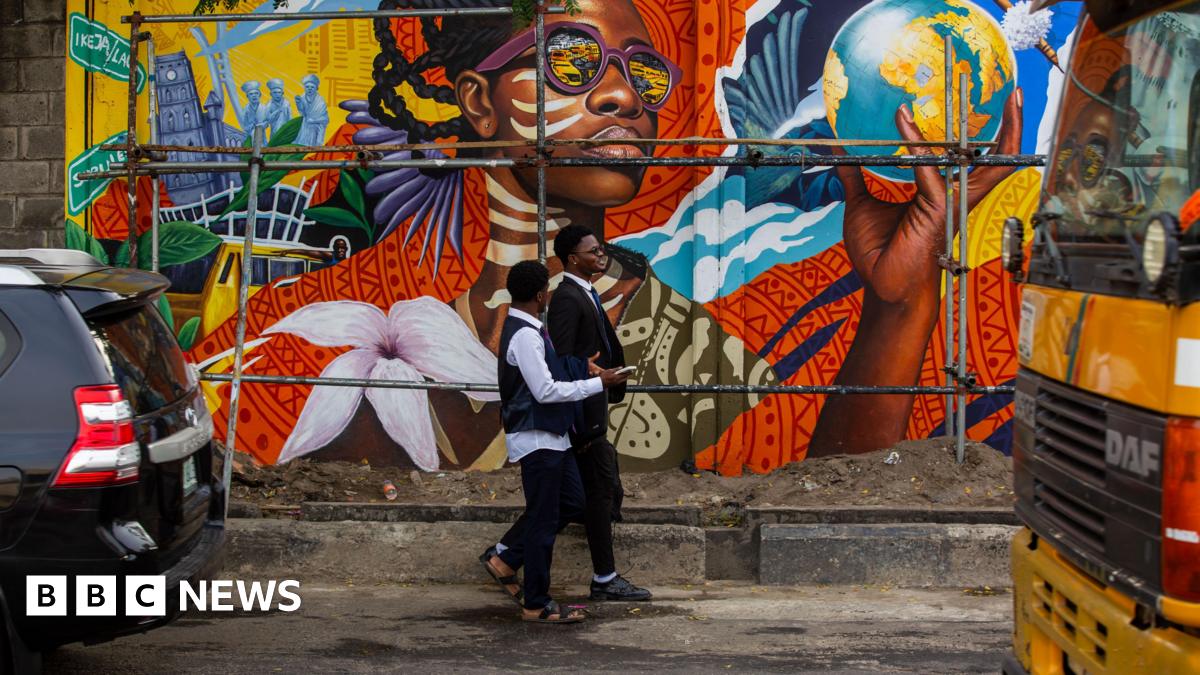
This painting was done by Babalola Oluwafemi, a Nigerian artist who flew in from the British city of Manchester.
“I’m just telling how Lagos people love to party, love to go to parties, love to eat food. And they just love to be colourful,” she…
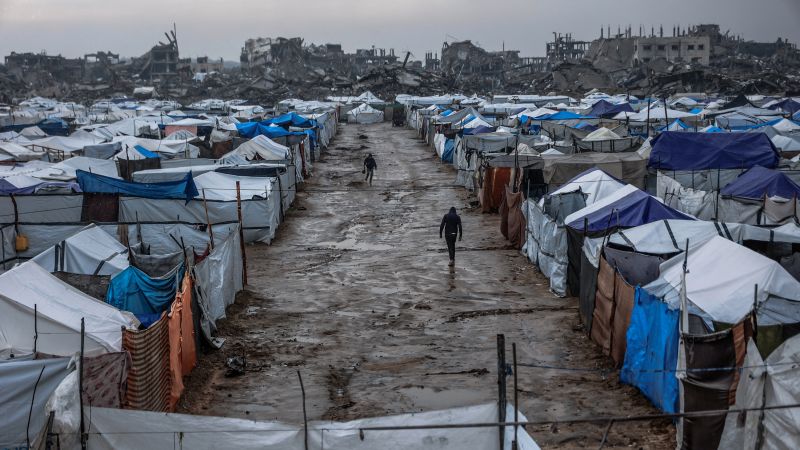
Severe weather conditions over the past 72 hours in Gaza have left 14 people dead, including three children, the director general of the Gaza-based Health Ministry Munir Al-Boursh told CNN.
…
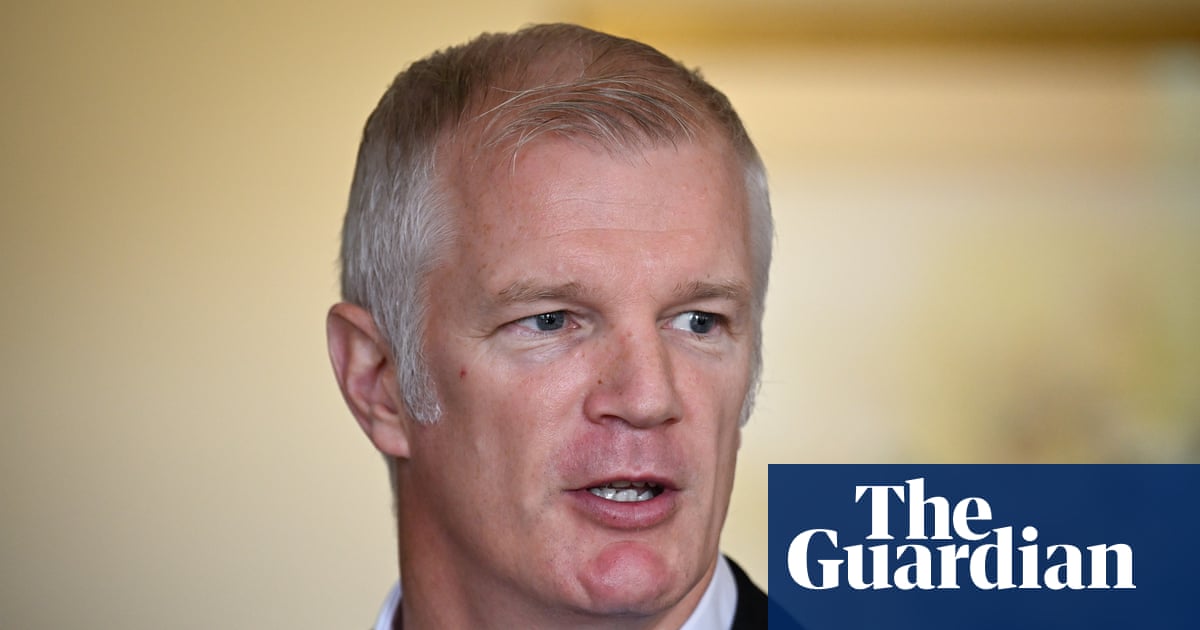
A former special forces colonel, government minister Al Carns was this week on manouevres warning that the UK needs to be preparing for war with Russia.
“The shadow of war is knocking on Europe’s door once more. That’s the reality. We’ve…